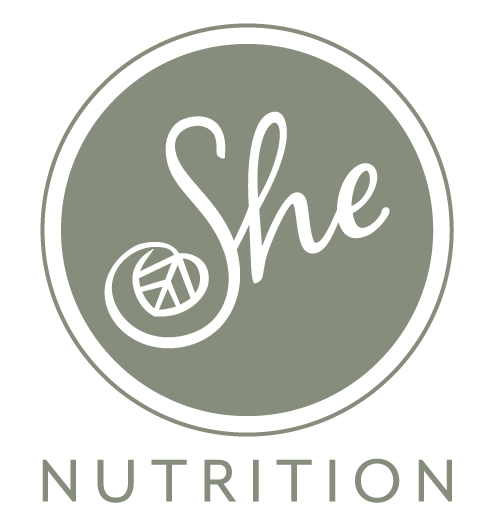How much coffee is too much?
For many of us, there is nothing better to give us an early morning jolt of energy and start our day off right than a great cup of coffee. Am I right?
Coffee is one of the most loved, popular, mood enhancing, brain stimulating substances you can find! Coffee time is anytime - morning routines, mid-morning breaks, afternoon pick me ups, catching up with friends, relaxing with a good book - even athletes use it, claiming it improves performance and delays fatigue.
But is caffeine actually good for you?
There are many studies that suggest caffeine increases blood pressure in the short term, which may be detrimental for individuals with hypertension.
Caffeine consumption can decrease the effectiveness of serotonin (involved in many functions: including sleep cycles, pain control, carbohydrate cravings, and digestion) and trigger the release of dopamine (the pleasure neurotransmitter). It is easy to see why coffee improves our mood and why it can become addictive.
Other studies indicate that consuming more than 3 cups of coffee per day has effects on the gastrointestinal tract. It increases the production of stomach acid, with large amounts inducing stomach upset or acid reflux.
Caffeine has also been known as a diuretic, which may not be contributing to your overall hydration.
How much is too much?
According to the FDA, the European Food Safety Authority, and Health Canada, caffeine consumption of up to 400 mg daily (the equivalent of 3-4 (8oz) cups) is not associated with adverse health effects in the general healthy population of adults.
They warn, however, that taking 100 mg of caffeine close to bedtime may affect sleep quality.
The response to caffeine will be different from person to person. Some groups, including pregnant women, people with hypertension, children, adolescents, and the elderly, may be more vulnerable to the adverse effects of caffeine.
Keep in mind that caffeine is present in more than just coffee. Some foods/drinks that you might not even think about contain some caffeine:
Decaffeinated coffees and teas
Pop
Energy drinks
Chocolate
Protein or energy bars
Cereals containing cocoa
Chocolate, Coffee and Mocha flavoured cream or yogurt
Chocolate Pudding
Hot chocolate
Weight loss supplements
Medications for headaches and menstrual pain may also contain caffeine.
While moderate caffeine consumption is safe, we may find ourselves depending on too much coffee to get on with our day, experiencing headaches, being constantly irritable, anxious and not having a good quality sleep.
Here are a few of our favorite coffee alternatives to help you reduce your caffeine intake:
Dandy Blend -> tastes like coffee but is caffeine free and has no acidity or bitterness. It is made of water-soluble extracts of roasted roots of dandelion, chicory and beets, and grains of barley and rye.
Protein powders with your favorite milk alternative -> Lack of protein is associated with sugar cravings, irritability and overall fatigue. Adding a protein shake is a great way to help you reduce cravings and get the energy needed to get on with your day.
Green Tea -> contains a significantly lower amount of caffeine (about 30mg of caffeine vrs 150 mg in a cup of coffee) and it is loaded with antioxidants! Its benefits range from anti-inflammatory properties to digestion aid, improved heart and mental health.
Herbal teas -> Caffeine free and full of antioxidants. Options like rooibos tea which is naturally sweet tasting are delicious!

